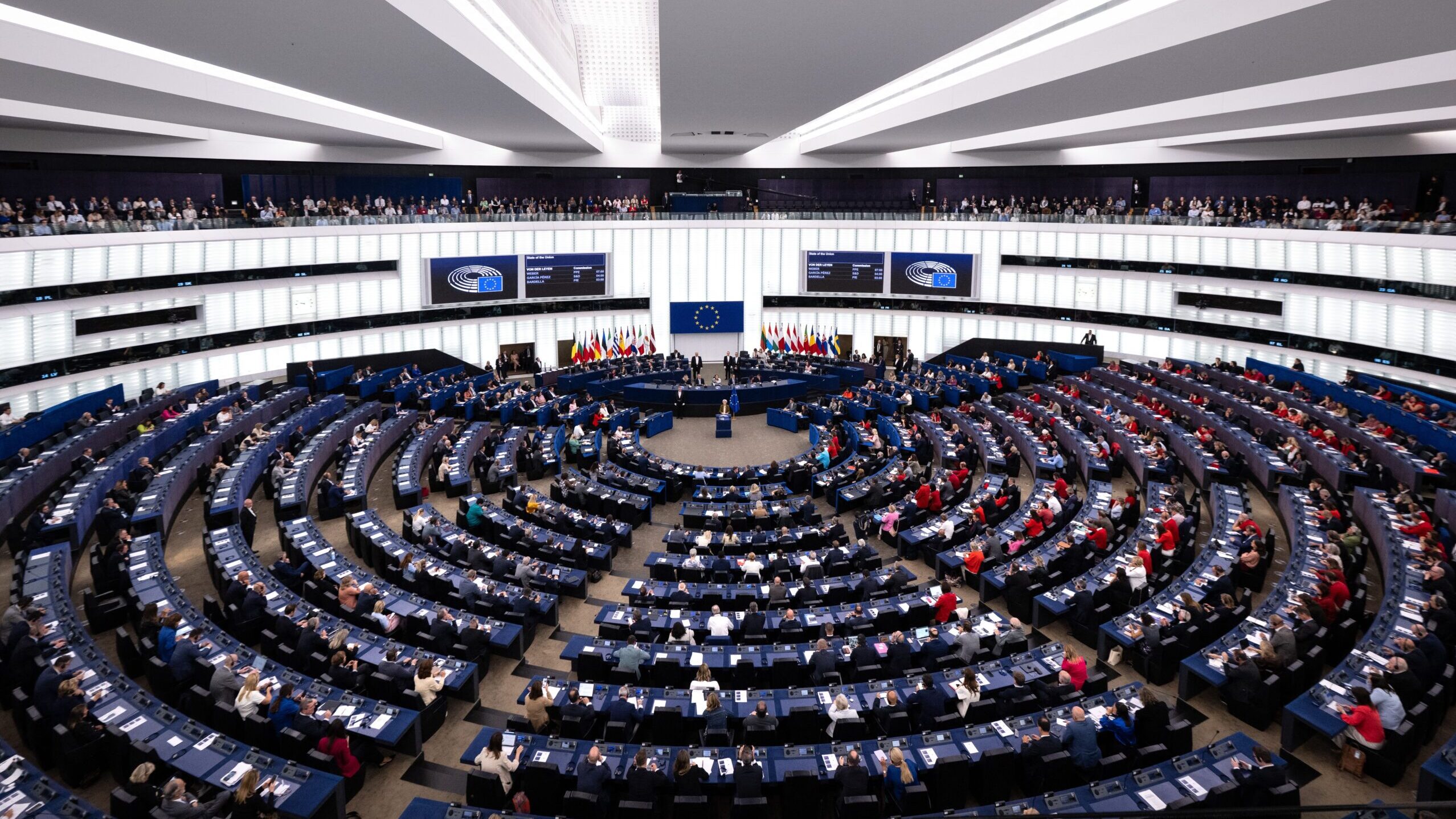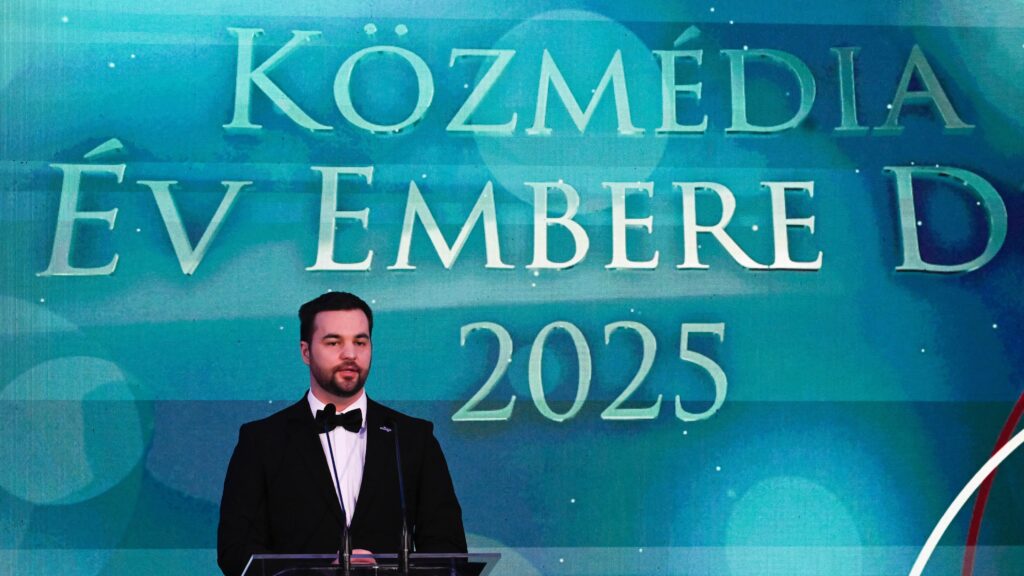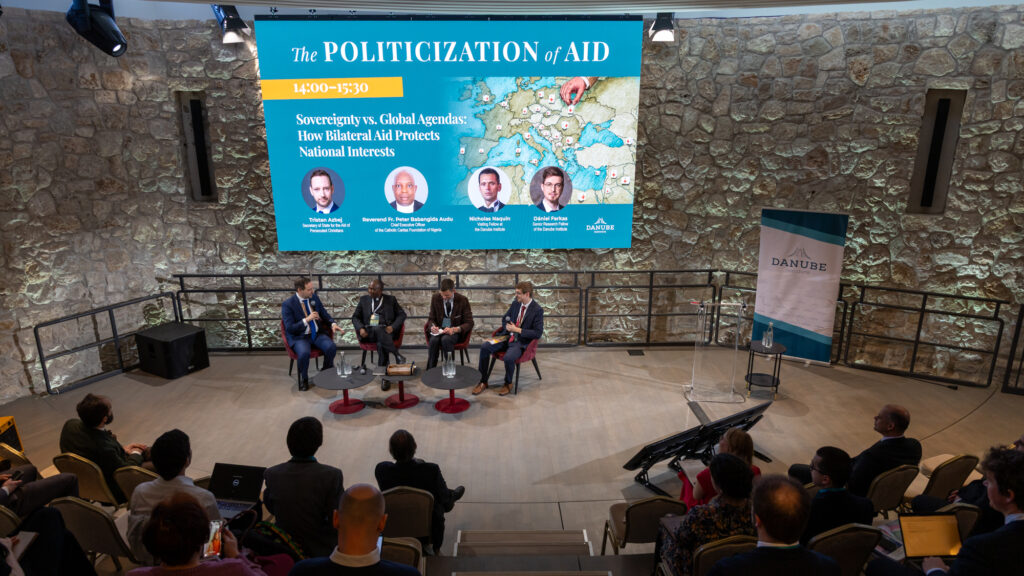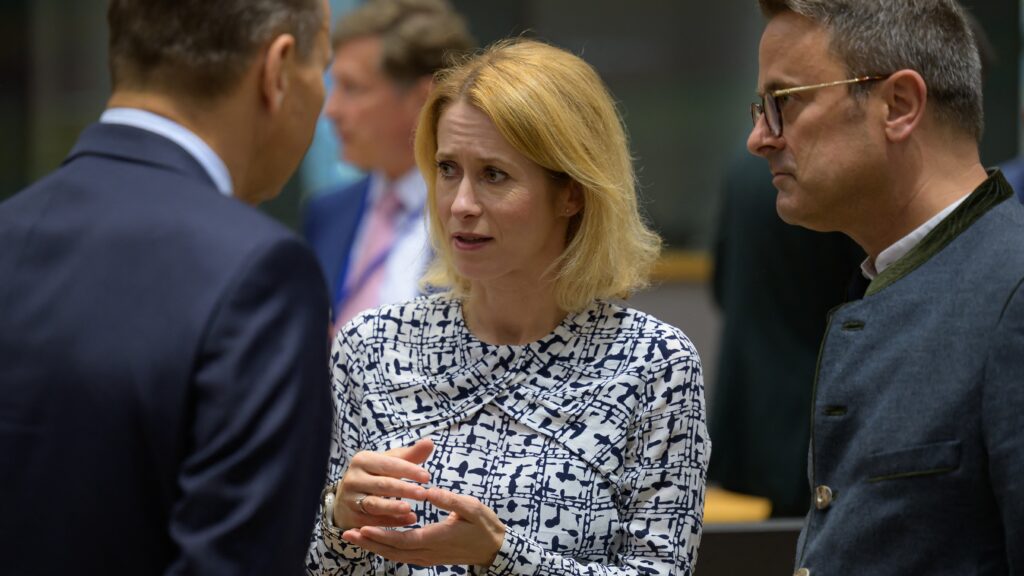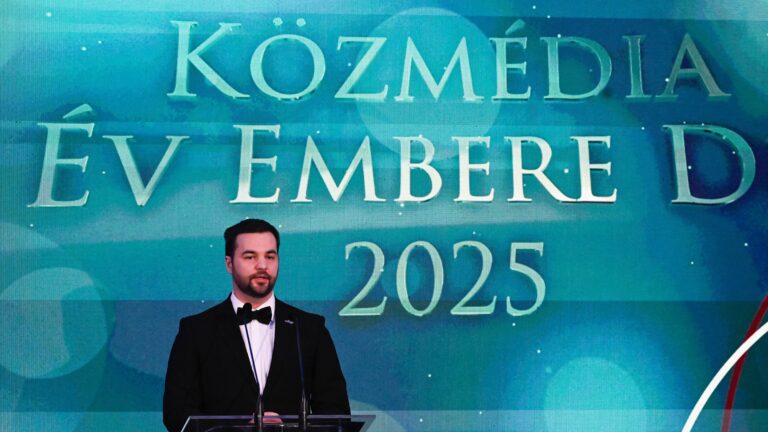The European Parliament on Wednesday approved a non-binding report proposing that the European Union introduce a uniform minimum age of 16 for using social media platforms, video-sharing services and AI-driven digital companion applications. Under the recommendation, adolescents between 13 and 16 would be allowed to access such services only with parental consent.
Lawmakers warned that minors face growing physical and mental health risks online, arguing that stronger safeguards are needed to counter manipulative digital practices that may fuel addiction and harm children’s ability to concentrate. The report highlights concerns over features designed to maximize screen time and user engagement.
MEPs expressed support for the European Commission’s efforts to develop age-verification tools and a European digital identity framework, but stressed that such systems must be accurate and preserve young users’ privacy. At the same time, they noted that these measures do not absolve platforms of responsibility: services must be designed to be safe and age-appropriate from the outset.
The Parliament also urged the European Commission to tighten enforcement of the Digital Services Act. This includes curbing addictive online functionalities and, in cases of persistent violations, even considering full bans on non-compliant platforms. The proposals also call for restricting targeted advertising, influencer marketing and other manipulative techniques aimed at minors, and for prohibiting gambling-like features from being accessible to young users.
MEPs further emphasized the need to address the ethical and legal challenges posed by artificial intelligence, particularly concerning deepfakes, AI-generated virtual companions and applications capable of producing unwanted, manipulated recordings.
Related articles:

